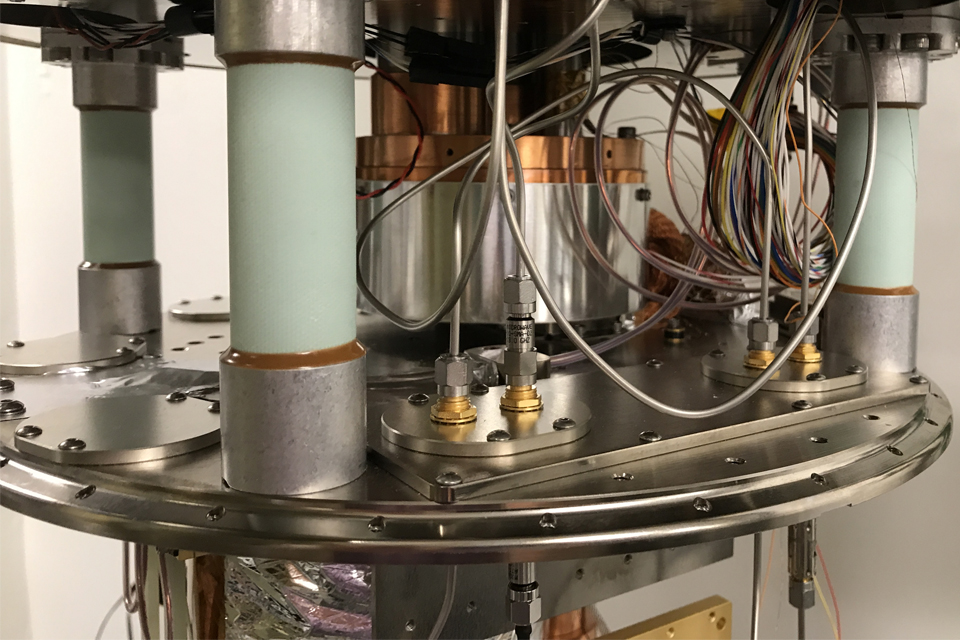Department of Physics
Now is a great time to do research and study physics at Saint Louis University. Faculty members in the Department of Physics do research in a wide range of areas — including nanotechnology, superconductivity, quantum information, relativity and biophysics — and undergraduate students are encouraged to get involved as soon as possible.
Physics Degrees at SLU
Research Opportunities
If you major in physics at SLU, you’ll work closely with professors on a senior research project over three semesters. Undergraduate students can start getting involved in research in their first year. Taking part in research is an enriching experience that helps students find what they are passionate about in physics.
On the graduate level, our faculty participate in the nanomaterials and condensed matter physics track for SLU’s integrated and applied sciences Ph.D. program. Our world-class faculty are willing to help students apply for National Science Foundation funding through the Graduate Research Fellowship Program.
